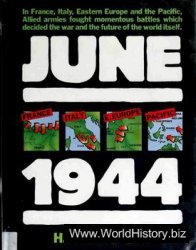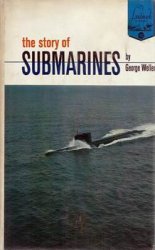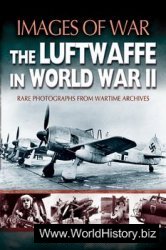During his first term in office, President Theodore RoosEvELT became increasingly aware of the power of corporations in public life. He targeted the large trusts, specifically Northern Securities and Standard Oil, for the worst abuses of the monopoly power to distort the market and corrupt the political process. For Roosevelt, however, the size of corporations was not the issue; it was how corporations used their power. To keep monopoly in check, what was needed was for government to regulate the large trusts. If the United States was to become a world power, it needed both powerful corporations and a strong, centralized federal government. Shared by many progressive reformers, this philosophy became known as the “New Nationalism.” The New Nationalism took as its manifesto Herbert Croly’s book, The Promise of American Life (1909). Croly argued that the major aim of progressive reform should be “to secure the maximum production from a private system with the most widespread diffusion of benefits as possible.” Roosevelt agreed. As he announced to an audience in Osawatomie, Kansas, in 1911, true progressives would “recognize the inevitableness and the necessity of combinations in business and meet it by a corresponding increase in governmental power over big business.” A year later, at the Progressive Party convention, Roosevelt further developed these ideas, targeting the federal courts for criticism and arguing for greater federal power to regulate. He observed that it would take a powerful central government to control the force of Big Business. What was more, as federal courts continued to decide that new state legislation was unconstitutional, Roosevelt sided with those who viewed the courts as major obstacles to progressive reform. As he later asserted, the courts had created a safe neutral zone for corporate “lawlessness,” in which neither state nor federal governments could act. He based his arguments on the claim that communities had the power to regulate property for the public good.
Roosevelt’s political philosophy stood in stark contrast to those for whom small businesses, family farms, and voluntary organization were the primary means of securing American democracy. While he listened to their rhetoric, he characterized their belief as “rural toryism.” They wished, he believed, to “attempt the impossible task of returning to the economic conditions that obtained sixty years ago.” In the election of 1912, the divided soul of PROGRESSIVISM was on display. While Roosevelt and his party embraced the growth of government, Democratic candidate WOODRow Wilson and his supporters, including William Jennings Bryan and future Supreme Court justice Louis Brandeis, echoed their fears that a powerful government could overshadow competition in the marketplace and individual liberty. As Roosevelt thundered about the New Nationalism on the campaign trail, Wilson articulated his beliefs and those of others as the New Freedom. In many ways, the election of 1912 and the battle over the role of government marked the first modern election. At the same time, the irony of the debate was that Wilson, the voice of the New Freedom, became an even more powerful president than Roosevelt, as his administration faced participation in World War I. By virtue of his wartime government, Wilson took on the powers of a strong federal government for which the New Nationalism had clamored.
See also Northern Securities case.
Further reading: George Mowry, The Era of Theodore Roosevelt, 1900-1912 (New York: Harper, 1958).




 World History
World History









